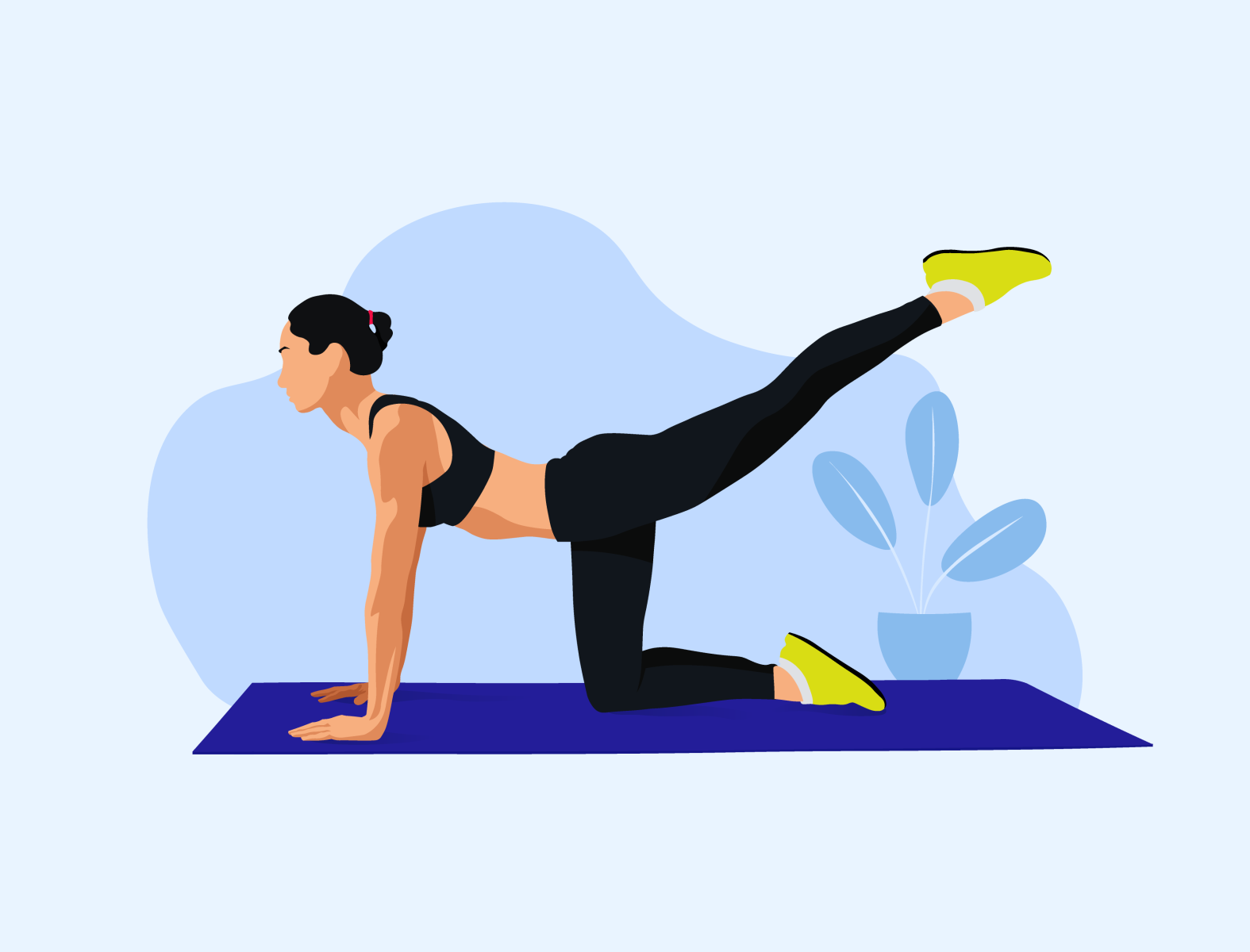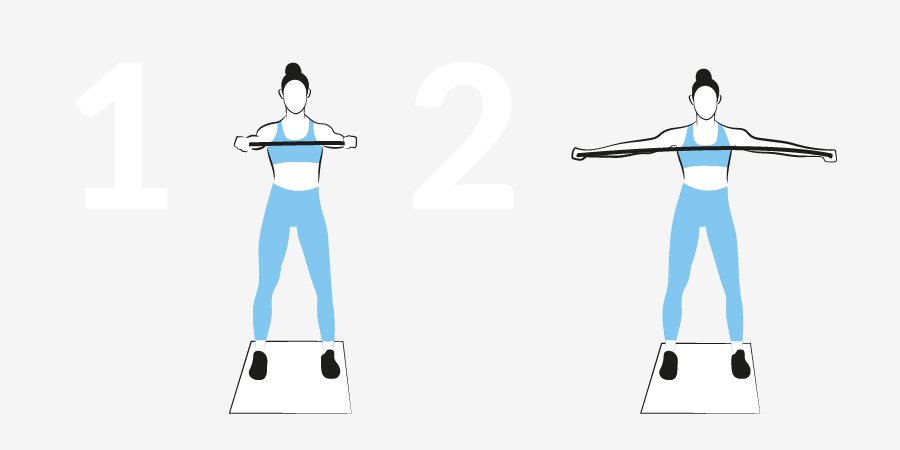Kathy’s Five Tips for Weight Loss
Make sure to do the 5-6-7-8-9 rule daily!
5: Five Foods to Avoid
Tropical fruits
Salad (eat cooked veggies instead)
Cold drinks
Processed foods
Sugary foods
6: Six Hours of Sleep
Try to get at least six hours of sleep a night. Also try to be in bed before 11 pm.
7: Seven Good Friends
Have seven good friends that you can have social interactions with. This helps you feel more connected and supported.
8: Take 8 short breaks throughout the day
These breaks can be one minute or 10 minutes - however long you need. Take this time to meditate, do some stretching, do some squats or plank, or whatever else you like.
9: The nine second breath hold
Do this exercise four times in a row:
Inhale and exhale.
Hold for 9 seconds before inhaling again.
Each of these is one set. Do four sets a day.
Hypothyroidism
Many people are suffering from hyper or hypothyroidism in this day and age. This post gives some useful information on how you can live life to the fullest even if you are suffering from this condition.
How much do you know about the thyroid?
According to the Cleveland Clinic:
The thyroid gland is a small organ that’s located in the front of the neck, wrapped around the windpipe (trachea). It’s shaped like a butterfly, smaller in the middle with two wide wings that extend around the side of your throat. The thyroid is a gland. You have glands throughout your body, where they create and release substances that help your body do a specific thing. Your thyroid makes hormones that help control your metabolism. Metabolism is a process where the food you take into your body is transformed into energy.
Your thyroid typically makes hormones that keep your body functioning normally. Hypothyroidism is when your thyroid makes too little thyroid hormone. When you have too little thyroid hormone in your body, it can make you feel tired, you might gain weight and you may even be unable to tolerate cold temperatures.
What causes hypothyroidism?
Autoimmune disease
Radiation therapy
Medications
Congenital disease
Pregnancy
Iodine deficiency
Diabetes
What are the symptoms of hypothyroidism?
Feeling tired
Weight gain
Forgetfulness
Having frequent and heavy periods
Dry and coarse hair
Having a hoarse voice
Intolerance to cold temperatures
Hypothyroidism & Diet
There are certain nutrients, such as iodine, selenium and zinc, that can help with proper thyroid function. Since this condition causes the metabolism to slow down, it is important to have a diet based on vegetables, fruits, and lean meats. These are low in calories and very filling, which may help to prevent weight gain.
Some foods that are great to include in your diet if you are suffering from hypothyroidism include:
Eggs
Lean meat
Fish
Most fruits and vegetables
Gluten-free grains and seeds
Dairy products
There are also certain foods which should be avoided when dealing with hypothyroidism.
These foods include:
Foods including soy - edamame, tofu, and miso
Cruciferous vegetables - Brussels sprouts, cabbage, cauliflower, kale, turnips, and bok choy
Gluten - which is a protein found in foods processed from wheat, barley, rye, and other grains
Fatty and Fried foods - butter, mayonnaise, margarine, fatty cuts of meat, and anything fried/deep fried
Sugary foods - these have very little nutrients and are high in calories, and when combined with hypothyroidsm can lead to weight gain
Processed foods - an under active thyroid can put you at a higher risk of developing high blood pressure, so it is important to avoid foods high in sodium
Excess fibre - try to aim for 25-38 grams per day
Alcohol - suppresses the ability of the body to use thyroid hormone
Exercise
There are plenty of forms of exercise that can be beneficial for those suffering with hypothyroidism. Some forms of exercise that are encouraged are: low or non-impact exercises, strength training, and high-intensity cardio. Make sure to switch things up - don’t be shy to do different types of exercise throughout the week.
Kathy’s Tips
Foods to Avoid:
Tropical fruits
Cold drinks
Salads
Caffeine
Spicy foods
Avoid ginger
Eat more:
Eggs, chicken, oyster, and salmon
Fresh vegetables - especially mushrooms, tomatoes, spinach, cucumber and celery
Fruits like kiwi and apple
Walnuts
Yogurt
Do the following exercises for thyroid health:
If you also have anxiety, please try video 156.
Click here to book a consultation with Kathy if you would like to try a custom herbal remedy to help with thyroid health.
Make sure to subscribe to Kathy’s YouTube channel here to watch more of her videos!
Weight Loss
Digestive Health
According to traditional Chinese medicine, strengthening the digestive system is very important when it comes to weight loss.
Stress can affect the digestive system and disrupt gut function. You can do some daily meditation to help with stress.
Click here to watch my guided meditation!
Food
Break the cycle of dieting.
Avoid fad dieting, as it isn’t sustainable. You may achieve some results, but they can be near impossible to maintain. This means that you will gain back all of the weight back and more.
Aim to lose up to 1 kg (or 2 pounds) a week, as this is sustainable. Anything more than this can be hard to maintain in the long term.
Incorporate a variety of food, local and seasonal, into your diet. Allow yourself to enjoy food, but also be mindful of what you are putting into your body.
Depriving yourself of food can lead to binging - this is a difficult cycle to break. Try to have three meals a day and incorporate enough proteins and carbs to keep you energized throughout the day.
Carbs aren’t the enemy. There is a misconception that carbs are bad for you. This isn’t necessarily the case, as carbs provide our brain with energy. Not eating carbs can cause you to feel tired and sluggish. However, it is important to remember that moderation is key. Make sure your diet is around 30% carbs, 40-50% protein, 30-40% fat.
Try to avoid eating at least up to 2 hours before you go to sleep. Eating right before going to sleep can disrupt the hormone cycle and other processes that happen while we sleep.
Think of your body as a car. You need to give the car fuel in order to drive. Your body requires nutritious food in order to provide you with the energy to function on a daily basis.
Things to Avoid/Reduce:
Salads
Cold drinks
Tropical Fruits (if you are not living in a tropical area)
Processed foods
Try to Eat/Drink:
Warm water
Lemon and honey with tea
Wide variety of local and seasonal cooked vegetables
More fibre
Fermented foods
Exercise
Exercise is extremely important when trying to lose weight. It is also a very good way to fight stress, anxiety and depression.
If you are just beginning to exercise, start with fast walking 30 minutes a day. The important thing is to make sure that your heartbeat becomes elevated (at least 20% more than normal) and you start sweating.
Strength training is also great for weight loss. When you build muscle your body burns more calories. If you were to do a session of strength training your body will continue to burn calories even after you are finished the work out.
There are various ways of doing strength training, and I recommend starting out with resistance bands.
Videos
Here are some that help strengthen your digestive health and metabolism and help with weight loss:
Don’t forget to be kind and have compassion with your self.
Changes take time, so be patient and remember:
one small action every day leads to a big change over time.









